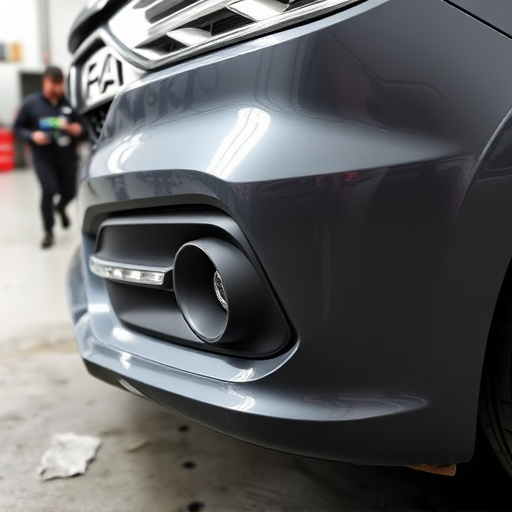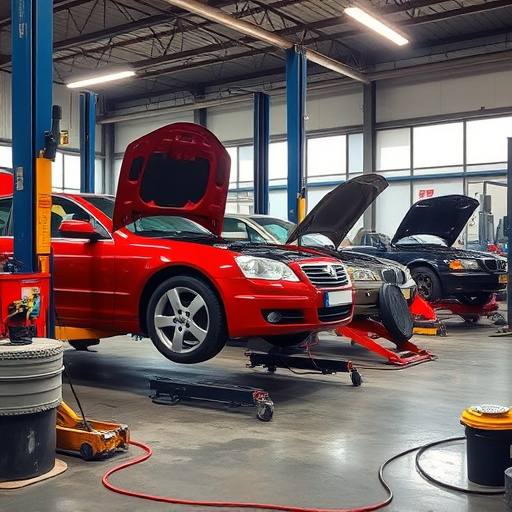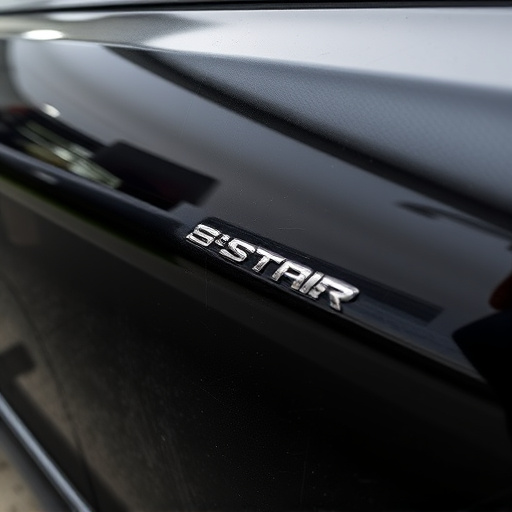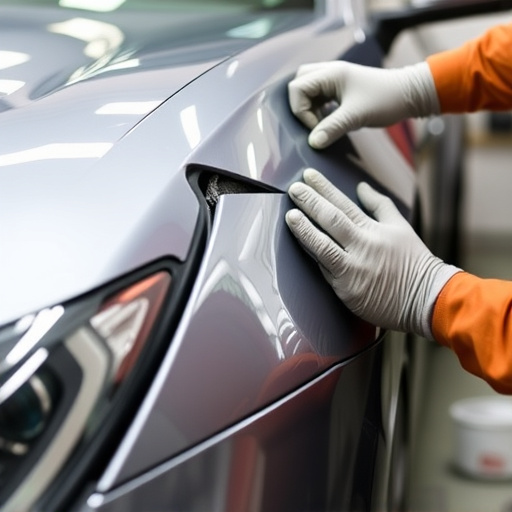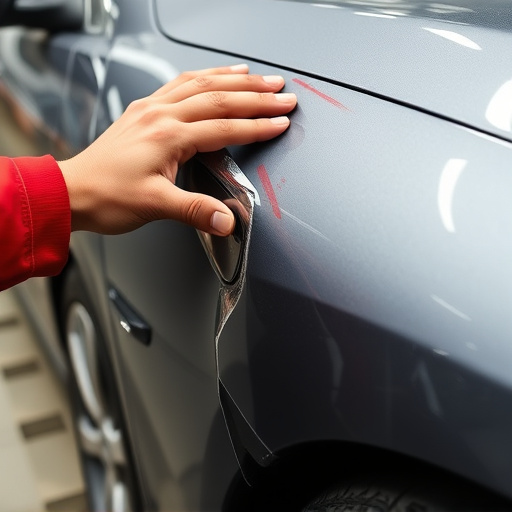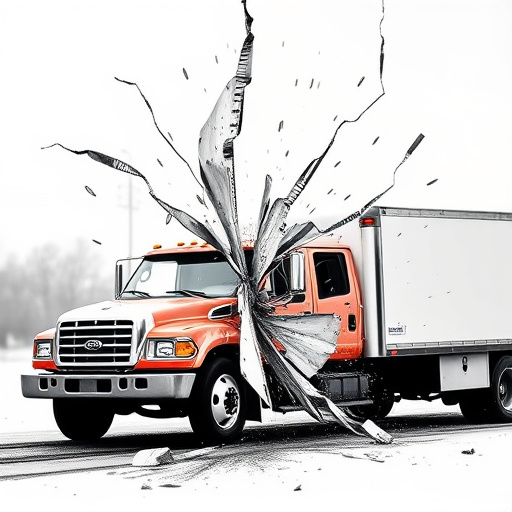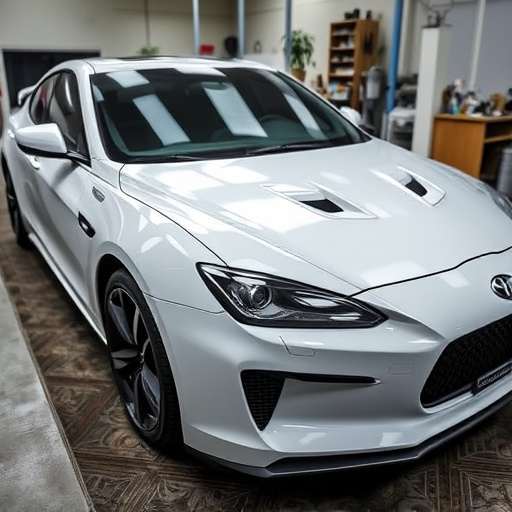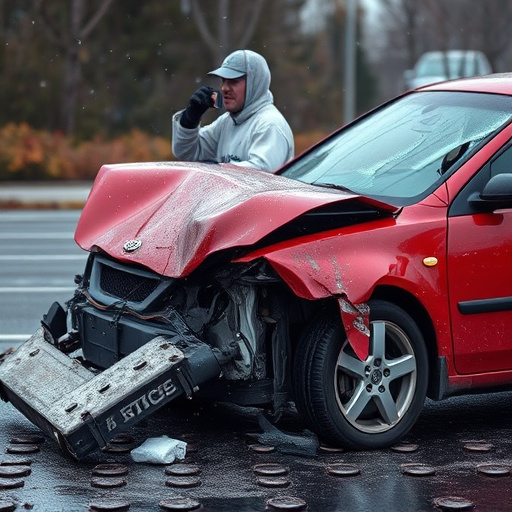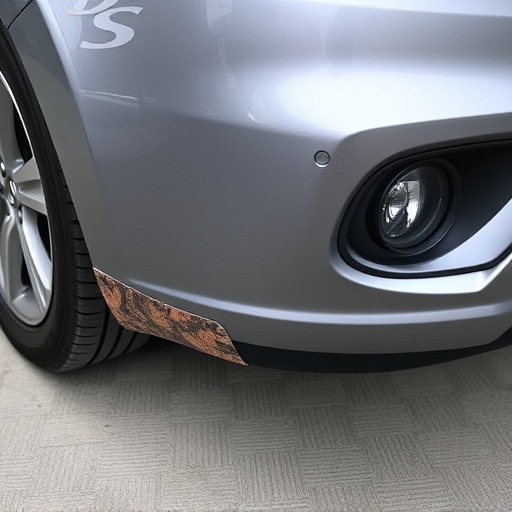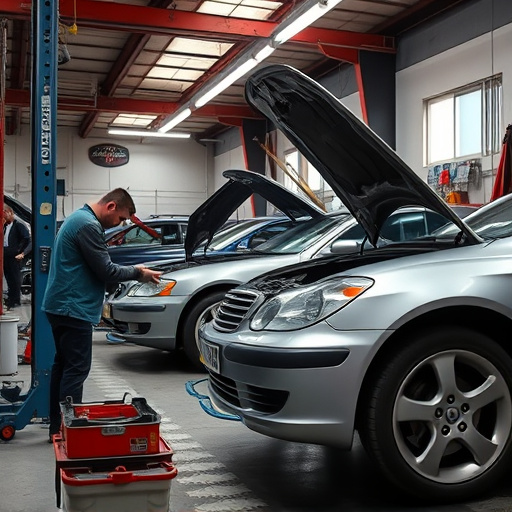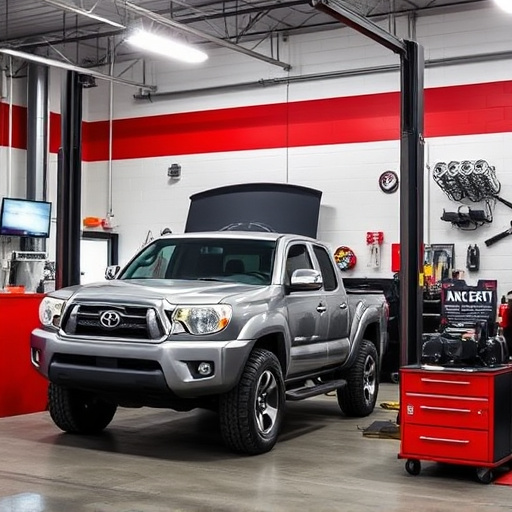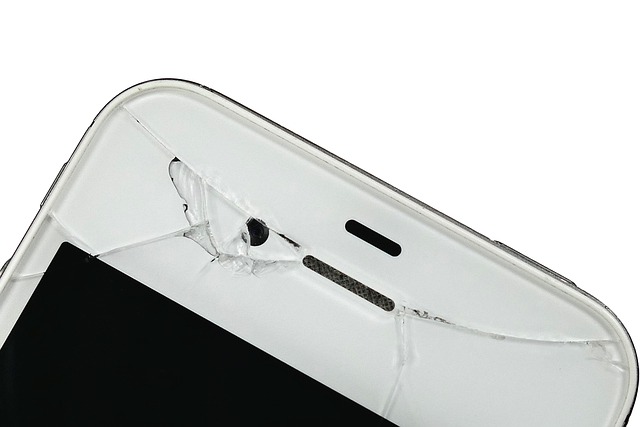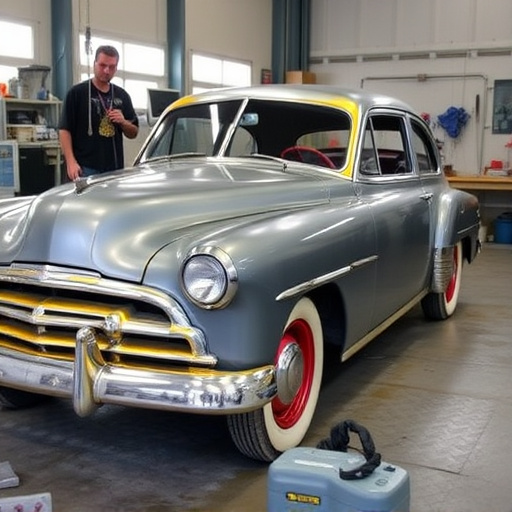Mercedes glass sensors are critical for vehicle safety and performance, managing automatic windows. Regular maintenance, including calibration, is vital to prevent issues like inaccurate readings, slow responses, or failure to close properly. Calibration ensures precise sensor functioning, enhancing safety features and improving overall performance. Timely calibration after collisions, tire services, or exposure to varying conditions is crucial for optimal vehicle protection and fuel efficiency.
Mercedes vehicles are renowned for their advanced technology, but even the most sophisticated systems can develop issues. One such problem concerns the glass sensor, which controls various functions like window operation and sunroof opening. Over time, these sensors can drift or become contaminated, leading to malfunctions. This article explores when it’s optimal to perform Mercedes glass sensor calibration services, highlighting common issues, ideal timing, and the advantages of regular maintenance for a seamless driving experience.
- Understanding Mercedes Glass Sensor Issues
- Ideal Times for Calibration Services
- Benefits of Regular Sensor Calibration
Understanding Mercedes Glass Sensor Issues
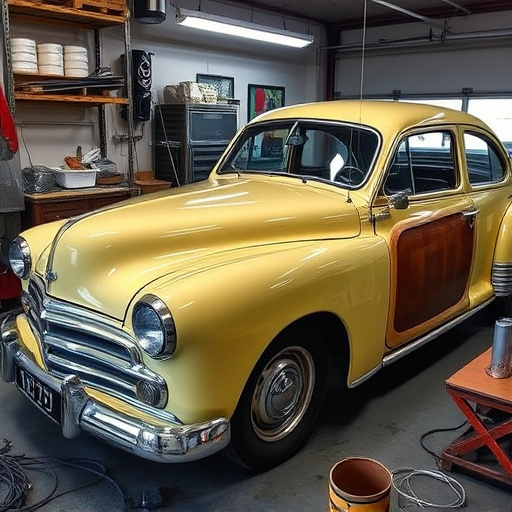
Mercedes glass sensors are integral components that ensure your vehicle’s safety and performance, particularly when it comes to automatic window operations. Issues with these sensors can manifest in various ways, from failed power adjustments to delayed or non-existent responses. Understanding these problems is key to knowing when Mercedes glass sensor calibration services might be necessary.
Common issues include inaccurate sensor readings due to dirt or debris buildup, aging components, or even interference from other electronic systems. If you notice irregular window behavior, such as slow response times, unexpected power surges, or windows that fail to close properly, it could be indicative of a problem with your Mercedes glass sensors. Regular maintenance and calibration are crucial in preventing these issues from escalating into more complex auto body repair or tire services, ensuring your vehicle’s safety and comfort.
Ideal Times for Calibration Services
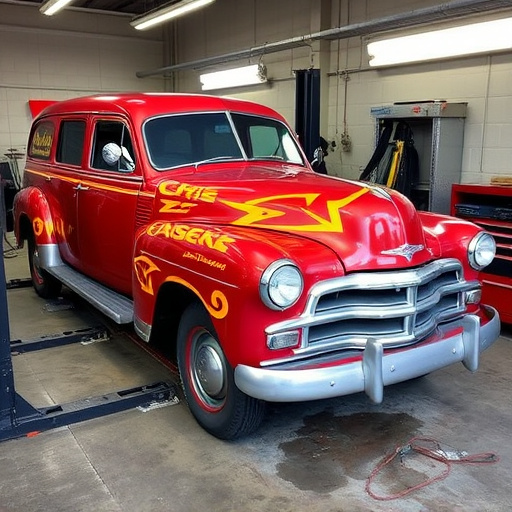
When it comes to maintaining your Mercedes’ optimal performance, timing is key, especially when considering Mercedes glass sensor calibration services. The ideal times to calibrate your car’s sensors are after significant events or when certain conditions are met. For instance, following a car collision repair that involves the windshield or any other glass component, calibration becomes essential. Damage from an accident can disrupt the sensor’s accuracy, so a post-repair calibration ensures precise functioning.
Regular tire services and collision damage repair procedures should also prompt a check and potential calibration of your glass sensors. These tasks often expose the sensors to varying environmental conditions, potentially affecting their readings. By calibrating at such times, you ensure that your Mercedes’ sensors are aligned with its performance characteristics, enhancing safety features like lane-keeping assist and adaptive cruise control.
Benefits of Regular Sensor Calibration
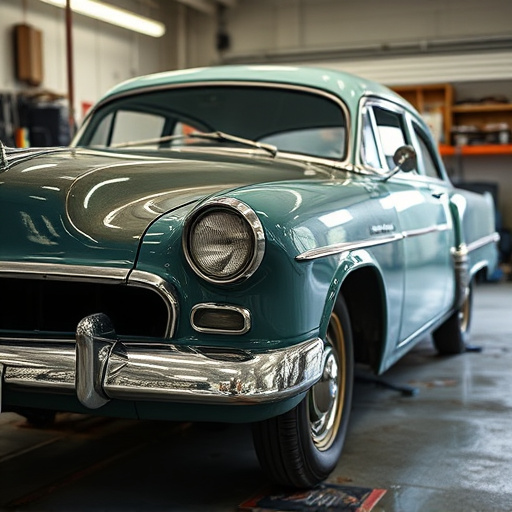
Regular Mercedes glass sensor calibration is an essential part of car maintenance that often goes unnoticed until issues arise. By keeping your vehicle’s sensors finely tuned, you’re not only enhancing safety features but also improving overall performance. Malfunctioning sensors can lead to hazardous driving conditions, as they play a critical role in systems like anti-lock braking and stability control.
Just as a car repair shop would perform dent repair or body restoration on physical damage, sensor calibration ensures that the electronic components of your Mercedes are operating at peak efficiency. This process aligns the data received by sensors with the vehicle’s computer, ensuring accurate readings and responses. As a result, you’ll experience smoother driving, better fuel economy, and enhanced safety features that work in harmony to keep you and your passengers protected on the road.
Mercedes glass sensor calibration is a crucial service for maintaining optimal vehicle performance and safety. By understanding common issues, knowing the ideal times for calibration, and recognizing the benefits of regular maintenance, car owners can ensure their Mercedes’ sensors operate at peak efficiency. Regular calibration not only enhances driving experience but also contributes to the long-term reliability of your vehicle’s glass sensor system.
